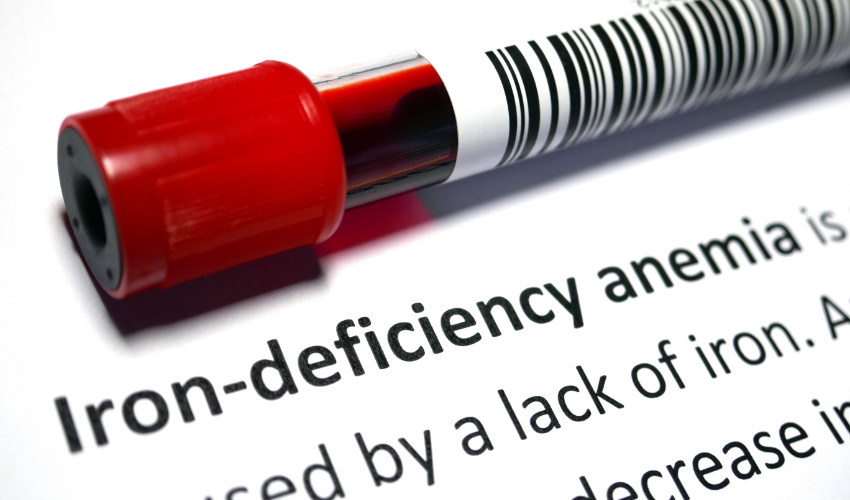Iron is one of the essential minerals that your body requires for proper functioning. It is a vital component of hemoglobin, a protein present in red blood cells that carries oxygen from the lungs to other parts of the body. Without sufficient iron levels, your body cannot produce enough hemoglobin, which can lead to anemia. Iron deficiency anemia is the most common form of anemia, and it can have significant consequences on your health. In this article, we will explore what iron does for your body and how it keeps you healthy.
What Does Iron Do for Your Body?
Iron is essential for various functions in the body. Some of the critical roles that iron plays in maintaining good health are:
- Oxygen Transport: Iron is an essential component of hemoglobin, which carries oxygen from the lungs to other parts of the body. Without sufficient iron levels, your body cannot produce enough hemoglobin, leading to anemia.
- Energy Production: Iron is necessary for energy production. It is a critical component of ATP (adenosine triphosphate), a molecule that stores and releases energy for the body.
- Immune System Function: Iron plays a crucial role in the functioning of the immune system. It helps in the production of white blood cells, which fight against infections and diseases.
- Brain Function: Iron is essential for proper brain function. It is involved in the production of neurotransmitters, which are essential for the transmission of signals between nerve cells.
- Muscle Function: Iron is necessary for proper muscle function. It is involved in the production of myoglobin, a protein that stores oxygen in muscles.
How Much Iron Does Your Body Need?
The amount of iron that your body requires varies based on age, gender, and other factors. The recommended daily intake of iron for adults is as follows:
- Men: 8 mg
- Women: 18 mg
- Pregnant Women: 27 mg
Sources of Iron
Iron is present in various foods, and it is essential to include them in your diet to maintain sufficient iron levels. Some of the best sources of iron are:
- Red Meat
- Poultry
- Seafood
- Beans and Legumes
- Dark Leafy Greens
- Fortified Cereals
- Nuts and Seeds
Iron Deficiency Symptoms
Iron deficiency can have significant consequences on your health. Some of the symptoms of iron deficiency are:
- Fatigue and Weakness
- Shortness of Breath
- Pale Skin
- Cold Hands and Feet
- Headaches and Dizziness
- Brittle Nails
- Tongue Swelling or Soreness
- Restless Leg Syndrome
Frequently Asked Questions
Can Iron Supplements Help Prevent Iron Deficiency?
Yes, Iron supplements can help prevent iron deficiency. However, it is essential to consult a doctor before taking any supplements.
Can Iron Deficiency Affect Fertility?
Yes, Iron deficiency can affect fertility in both men and women.
Is It Possible to Consume Too Much Iron?
Yes, consuming too much iron can lead to iron overload, which can have significant consequences on your health.
Can Vegetarians Get Enough Iron from Their Diet?
Yes, vegetarians can get enough iron from their diet by consuming iron-rich foods such as beans, legumes, and dark leafy greens.
Can Iron Deficiency Lead to Hair Loss?
Yes, iron deficiency can lead to hair loss. This is because hair follicles require a sufficient supply of oxygen and nutrients, which is provided by the blood that carries hemoglobin, a protein containing iron.
Conclusion
In conclusion, iron is a vital mineral that plays a significant role in the functioning of the human body. It is essential for oxygen transport, energy production, immune system function, brain function, and muscle function. Without sufficient iron levels, your body cannot perform these functions correctly, leading to various health problems. It is crucial to include iron-rich foods in your diet to maintain sufficient iron levels. If you experience symptoms of iron deficiency, such as fatigue, weakness, or pale skin, consult a doctor for proper diagnosis and treatment. By understanding what iron does for your body and taking the necessary steps to maintain sufficient iron levels, you can improve your overall health and wellbeing.
























